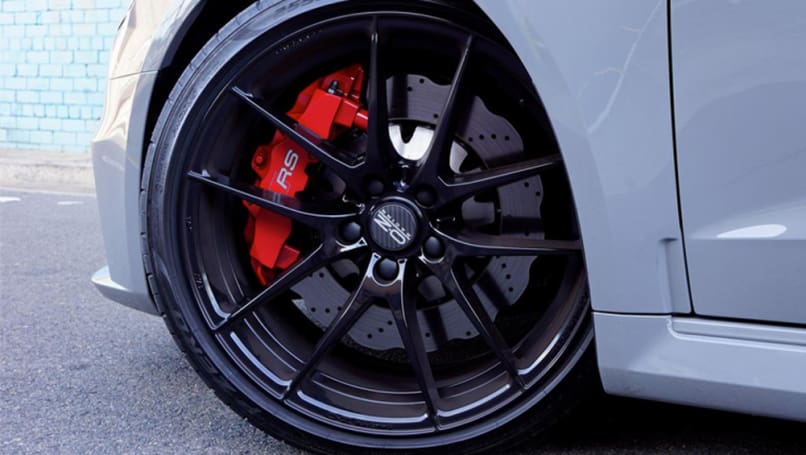Wheels are essential components of your vehicle that help your car move on the road. Most modern cars come fitted with steel rims that dampen the overall look of the vehicle. A large number of people buy alloy rims that offer a potent combination of looks and performance. This article gives you tips to purchase strong and durable rims for your car.
Rim Size
If you only plan to change the rims and not the tires, you need to buy the right rim size. If you buy a larger rim size, you also need to buy new tires as old tires won’t fit. For example, you can replace a 16-inch OEM steel rim with 16-inch alloy wheels. It will ensure you can use old tires.
Pitch Circle Diameter
Also known as PCD, it is an important specification of the rim. PCD refers to the diameter of the circle that passes through the middle of all-wheel rim holes. Before purchasing alloy rims, get an accurate measurement of the PCD. Measure the distance between two adjacent wheel studs, also known as S distance.
Rims generally have 4, 5, or 6 studs. The distance between two adjacent studs in a 4-stud configuration will be larger than the distance between two adjacent suds in a 5-stud format. If you ignore the PCD, you will end up buying rims that won’t fit in on the wheel hub.
Offset
Offset is a crucial factor in rim selection. Rims generally have one offset of the following.
- Negative offset
In a negative wheel offset, the wheel centerline is towards the inner side. The negative wheel offset creates a concave style and pushes the wheel and tire out of the fender. It would help if you were careful when buying a rim with negative offset as too much of it leads to increased steering wheel kickback.
- Positive Offset
In a positive wheel offset, the wheel centerline is towards the street side. This setup has a maximum backspacing. A positive offset also has few drawbacks. It causes damage to the inner side of the wheel and causes interference in braking parts. Some tire experts say a positive offset also increases the risk of tire failure and makes the car unstable.
- Zero offset.
In zero offset, the wheel centerline is aligned to the hub mounting surface.
According to experts, you can go for offset change in rims but make sure the difference between the new wheel offset, and the older one is not more than 5mm. It would help if you also considered backspacing when choosing wider rims.
Rim Width
Rim width should not be confused with rim size. Avoid buying rims that are too wide. Besides needing new tires, these new rims may also affect the suspension components, steering rod, and fender. The wheel industry follows a name convention to denote the width of the rim. It is generally denoted by a number followed by an alphabet, for example, 7, J.
Here the number represents the rim width in inches while the J means the rim flange’s shape. You may also find JJ denomination in rims of SUV vehicles.
Upsizing
Fitting your vehicle with a larger wheel has its advantages. It improves cornering ability and car handling. If you own an off-road vehicle, you can benefit from upgrading to larger tires. If you plan to upsize tires, you can always go for broader rims. Broader rims allow you to fit wider tires. According to tire experts, you should avoid changing the diameter of the tires when upsizing tires.
Spigot rings
Most after-market rims have a larger centre bore that allows you to fit the rim on a wide range of vehicles. This is generally not a problem as most rims are lug centric and not wheel hub centric. The lugs fitting ensure the right position of the rim on the wheel hub. If the centre bore is larger than the wheel hub, you can use spigot rings while fitting the rim on your vehicle’s wheel hub.
The aluminium rings allow the rim to sit on the wheel hub perfectly and then you can go ahead and tighten the bolts. It ensures the weight of the rim rests on the wheel hub and not on the bolt studs.
Spacer
If you purchase wheels with a positive offset, you can use spacers. They are discs used between the wheel and the hub to accomplish a better offset. The disc will prevent the rim from touching the callipers or brake discs. However, wheel experts have an opinion you should avoid using spacers altogether for various reasons.
To sum up, you need to focus on the right aspects of rims when buying ones as choosing the wrong one can affect the car’s performance and stability.

